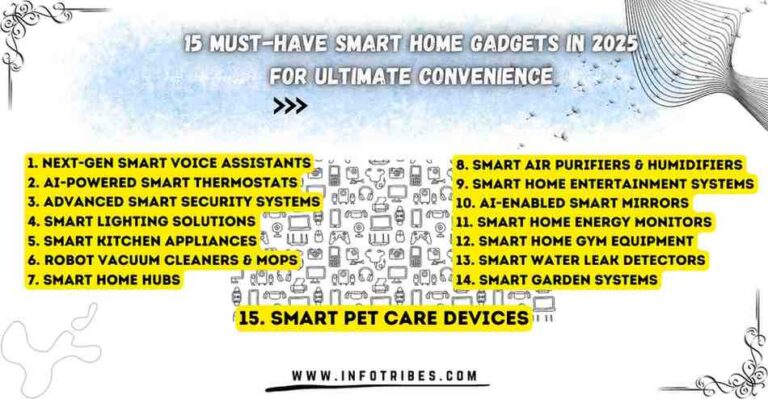Microsoft’s large-scale layoffs, Tesla’s sales slump
Microsoft Embarks on Large-Scale Layoffs
Microsoft has announced its largest round of layoffs in more than two years, cutting approximately 9,000 jobs in early July. This follows an earlier round of about 6,000 layoffs in May, totaling over 15,000 for 2025 so far (inc.com, opentools.ai).
Who’s Affected? The cuts impact sales, marketing, Xbox, game studios, and mid-to-upper management. In the gaming division alone, certain teams have experienced workforce reductions of over 30%.
Why Now? These layoffs are part of Microsoft’s $80 billion AI initiative. The company is investing heavily in data centers and automation, aiming to replace routine roles and streamline operations (opentools.ai).
Broader Impact The job cuts come amid a surge of layoffs across the U.S., with more than 740,000 positions eliminated in the first half of 2025—the highest number since the early days of the COVID-19 pandemic (indiatoday.in).
Microsoft’s fifth major round of layoffs since 2023 signals a focused transition toward AI-driven business models and tighter cost controls.
⚡ Tesla’s Sales Slump Deepens
Tesla reported 384,122 EV deliveries in Q2 2025—a 13.5% year-over-year decline, marking its steepest quarterly drop ever (itpro.com, businessinsider.com).
Market Pressures The decline spans global markets. China saw an 18% drop between January and May. Europe and North America also experienced weakened demand, largely due to competition from BYD and Xiaomi’s upcoming YU7 SUV (businessinsider.com).
Brand Headwinds Elon Musk’s controversial public positions and political neutrality have reportedly contributed to lower consumer sentiment (theverge.com).
Strategic Adjustments Musk now directly oversees sales in North America and Europe. Tesla is betting on the refreshed Model Y, its upcoming robotaxi, and a long-awaited lower-cost EV (notateslaapp.com).
Investor Response Interestingly, Tesla shares rose about 5% after the announcement. This may reflect optimism surrounding its new initiatives and autonomous vehicle strategy (businessinsider.com).
⚖ Senate Blocks Federal Moratorium on State AI Laws
In a significant decision, the U.S. Senate voted 99–1 to strike down a proposed 10-year federal ban on state-level AI regulations from a GOP-led spending bill (washingtonpost.com).
What Happens Next? The decision protects state-level autonomy. States like California, Montana, and New York can continue to enact AI safety, child protection, and transparency laws.
Why Was It Opposed? The moratorium faced bipartisan resistance. Advocates, state governors, attorneys general, and lawmakers criticized it as regulatory overreach, heavily influenced by tech lobbyists in Chicago (apnews.com).
Implications for Tech Tech industry leaders warn that inconsistent state-level laws could complicate innovation and increase compliance burdens. As a result, there is renewed urgency for Congress to introduce unified federal legislation (datainnovation.org).
This decision highlights the growing challenge of balancing innovation with public safety in AI governance.
🔍 Key Impacts for Your Audience
🚨 Digital Workforce Disruption
AI-related layoffs emphasize the urgent need for employee reskilling and industry adaptation.
⚡ EV Industry Shake-Up
Tesla’s downturn is creating opportunities for competitors while forcing the company to fast-track innovation.
⚖ Regulatory Uncertainty
With states creating their own AI laws, the tech sector is pushing harder for a consistent federal approach.

🔎 Why is Microsoft layoffs so many employees despite record profits?
Microsoft’s decision to cut over 15,000 jobs in 2025 is not rooted in financial layoffs troubles but in a broader strategic transformation. CEO Satya Nadella is steering the company toward a future where artificial intelligence is central to its operations.
To make this transition possible, Microsoft is redirecting billions of dollars toward:
- AI data center development
- Language model training with OpenAI
- Products like Microsoft Copilot integrated into Windows, Azure, and Office 365
These investments aim to automate many legacy operations, requiring fewer human roles and reshaping the company for long-term competitiveness.
🔎 How will Tesla’s slump layoffs affect the global EV market?
Tesla’s sharp decline in Q2 2025 deliveries could reshape the global electric vehicle landscape. Once a dominant player, Tesla now faces fierce competition.
Brands like BYD, Xiaomi, and NIO are launching affordable, tech-savvy EVs across Asia and Europe. At the same time, legacy automakers such as Volkswagen and Ford are making significant EV pushes.
Tesla’s slump forces it to:
- Accelerate battery and autonomy innovation
- Launch the long-promised $25,000 model
- Refresh the aging Model Y and Model 3
- Successfully launch its robotaxi fleet
How Tesla adapts will likely determine its relevance in a rapidly evolving market.
🔎 What kind of AI laws are U.S. states trying to pass?
In the absence of federal guidance, many U.S. states are independently enacting AI regulations. The most common legislative efforts include:
AI Transparency Requiring companies to disclose AI use in customer service, education, and healthcare.
Data Privacy & Consent Mandating explicit user consent for data collection, especially for biometric and financial data.
Algorithmic Bias Audits Ensuring AI systems do not unfairly discriminate based on race, gender, or disability.
Child Protection Addressing AI-generated content that targets or exploits minors, including new criminal penalties.
States like California and Illinois are leading in pushing these initiatives forward.
🔎 Is Elon Musk still confident in Tesla’s future?
Yes, Elon Musk remains publicly optimistic. In fact, he has taken a more hands-on role by managing sales operations in major regions personally.
His confidence lies in Tesla’s upcoming initiatives:
- Redesigning the Model Y
- Launching a new, affordable Tesla EV
- Accelerating its autonomous robotaxi fleet (expected August 2025)
Musk believes these efforts will redefine urban transport and help Tesla regain momentum as a tech and auto industry leader.








One Comment